Float switches are level sensors that float on a liquid surface. A float switch consists of a hollow float body containing a sensor. When the liquid level falls or rises, the float switch moves up or down accordingly. Read More…
Sierra`s Innova-Switch™ electronic instruments and devices represent the state-of-the-art in gaseous and liquid flow switching or liquid level control.

Distributing electronic tank level switches is the focus of our company. Let us solve your level gauging needs. We offer liquid level switches by Delavan, Omnitrol, Shand & Jurs and L&J Engineering. Some types include top mounted level switches, and liquid level switches offering alarm systems.
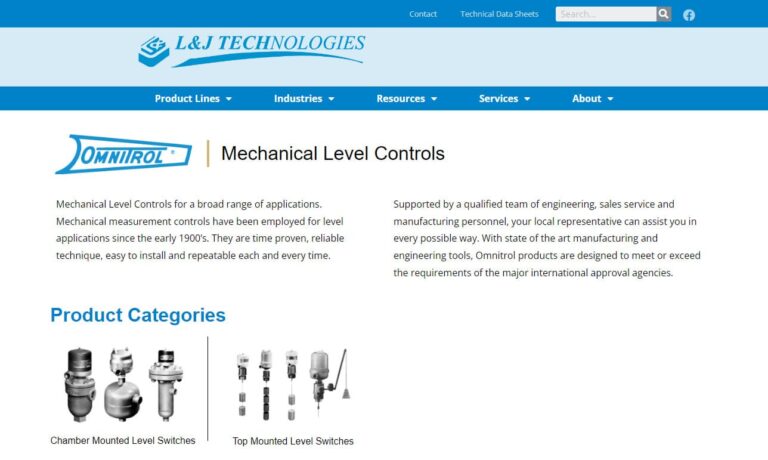
CME manufactures pressure switches, differential switches, level switches, vacuum switches, temperature switches and solid state pressure switches. CME serves a range of industries and markets with quality switches and related components. Call us today or visit our website for more information on our products and services.
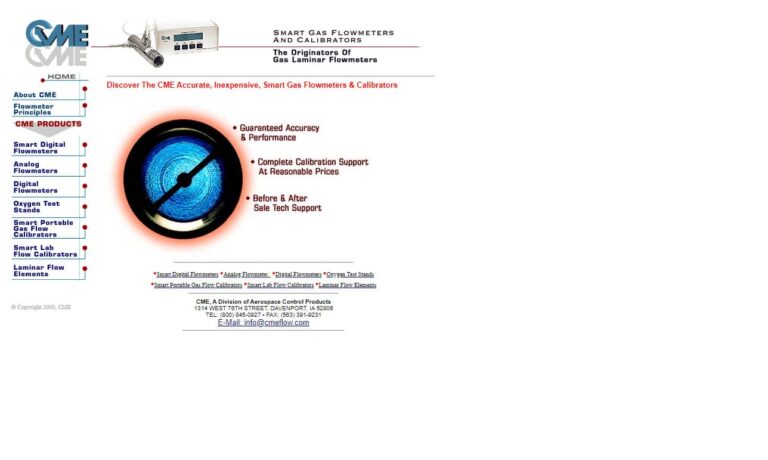
AMOT USA remains a ground-breaker in temperature and pressure sensing and control. We have pioneered quality components, including level switches, for nearing 60 years. Try our electric level switch, stainless steel pneumatic level valve and other mechanisms for a total engine solution. Other products include a line of pressure switches.
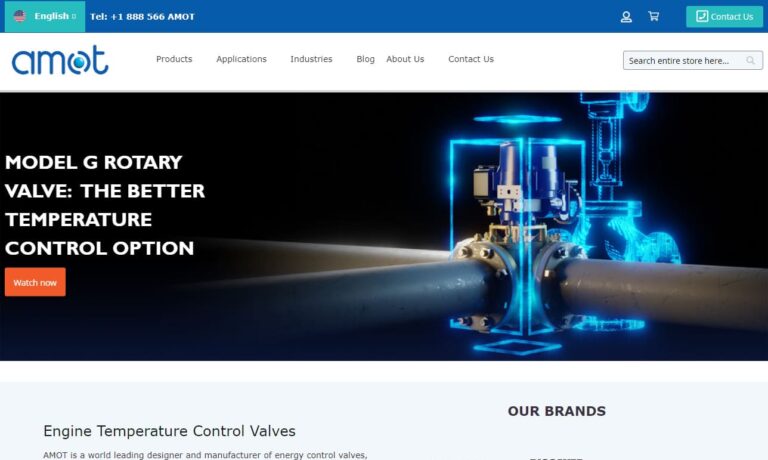
More Float Switch Manufacturers
A magnetic device tracks a float switch's movement. A counterweight and a pre-set trigger open the mechanical switch to transmit an electric current to a connected device. This connected device triggers an alarm or turns a pump on/off. A float switch offers a reliable, simple solution for measuring liquid levels.
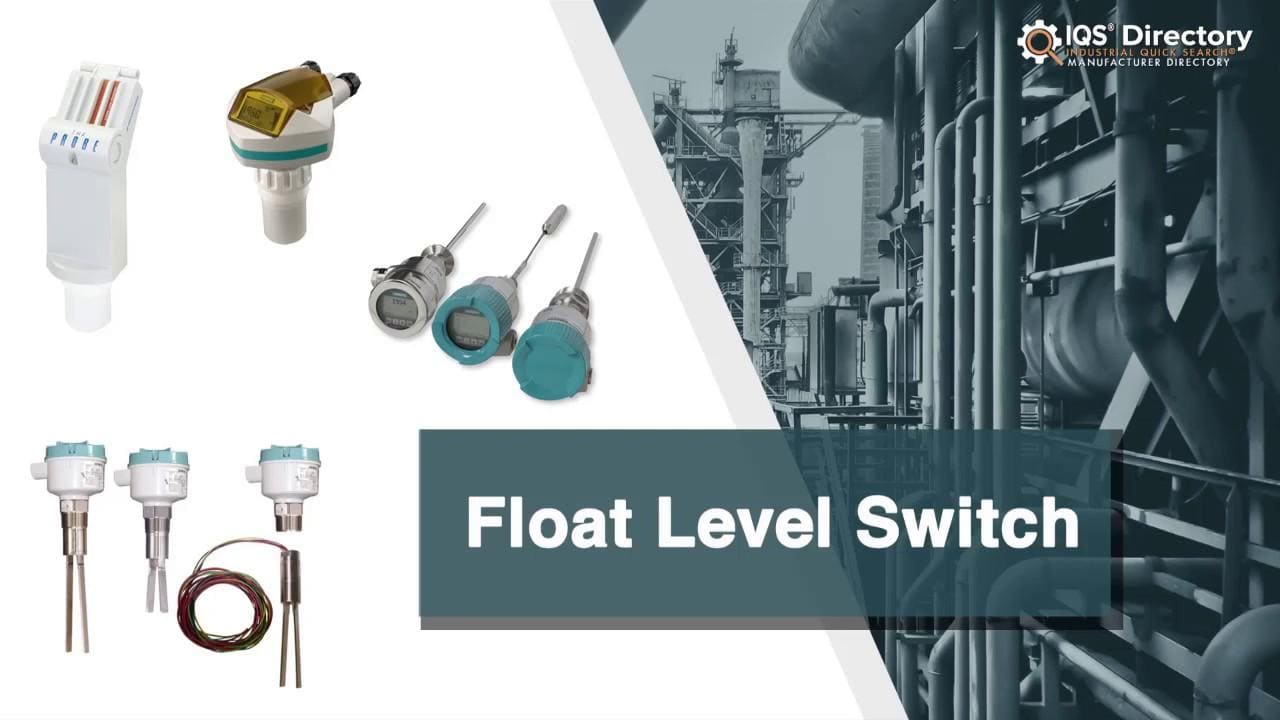
Types of Float Switches
The different types of float switches include:
Stem-Mounted Float Switches
Stem-mounted float switches use a magnet inside of a float. As liquid fluctuates, the magnet passes over the reed switch. Stem-mounted float switches operate on a "one-float-one-level" basis, moving a float up and down a stem. This is operating on a one-float-one-level basis. Some stem-mounted float switches are simple or complex depending on the number of floats attached to the single stem. Stem-mounted switches are most suitable for smaller spaces.
Cable-suspended Float Switches
Cable-suspended float switches have both the magnet and the reed switch in the float. They are tethered, so the float switch doesn't move with the flow inside the tank. As a result, cable-suspended float switches are more electronically diverse than their counterparts. The complexity of cable-suspended float switches depends on the switch points.
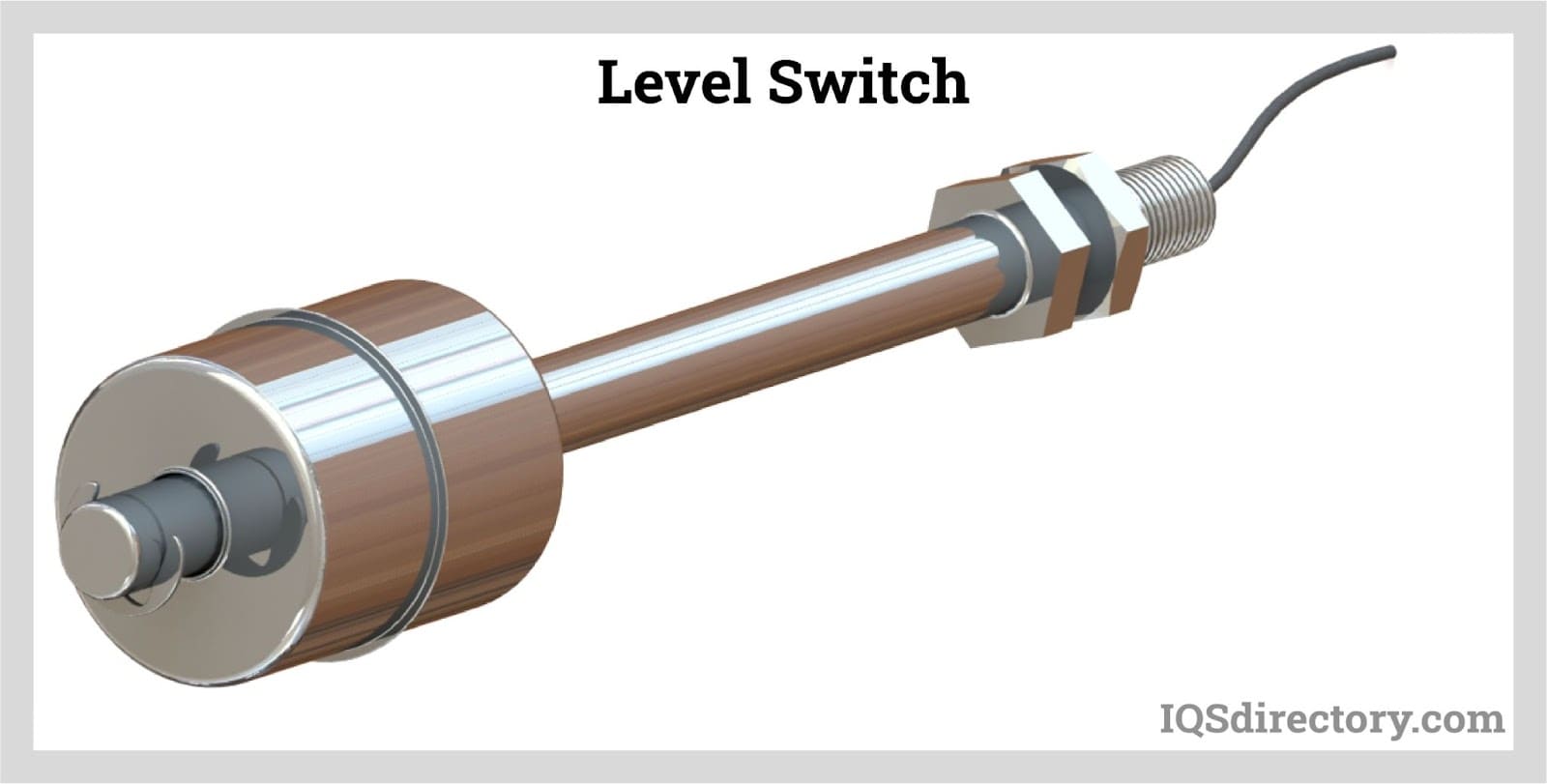
For example, simple cable float switches use a single point to control the switch, while complex switches can consist of up to four switch points. As a result, they are well-suited for spaces with wider hysteresis bands.
Two Stage Switch Float Switches
Float switches with a two-stage switch will trigger two actions as the liquid rises. The first trigger will activate a pump if the liquid rises to the next trigger. There are customizable options for the next action.
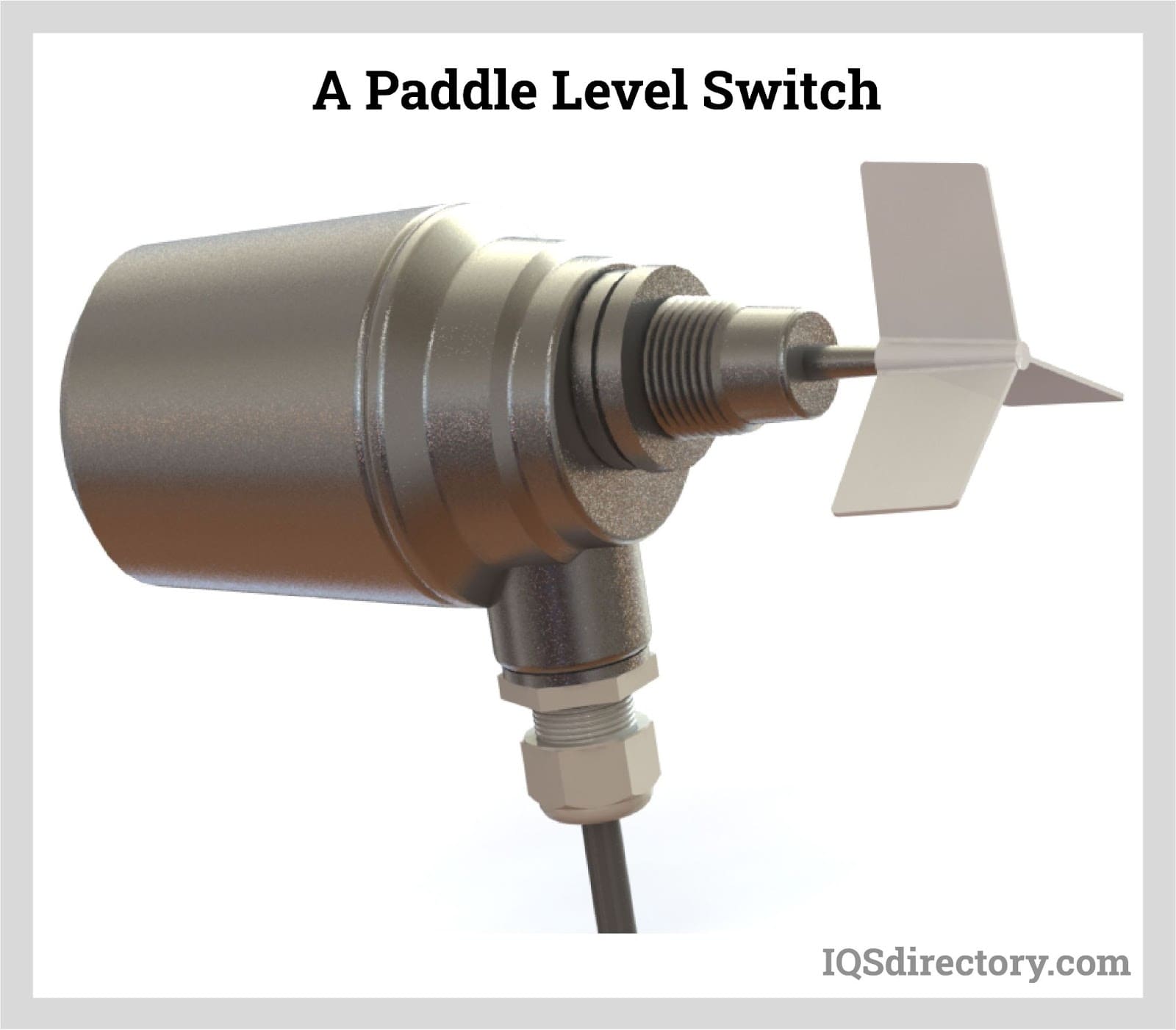
The second stage may switch off the liquid source, trigger an alarm, or both. Float switches must be custom-made since their needs vary greatly on a commercial level based on the unique requirements of the end user.
Vertical Float Switches
Vertical float switches have two parts – the stem and the magnetic float. They can either have a stainless steel or plastic ball mounted at the bottom or top of the tank. One of the two floats moves with the liquid level inside the tank, while the other remains attached to the top of the tank.
Horizontal Float Switches
Horizontal float switches are perfect when they have limited access to the top or bottom of the tank. Horizontal float switches are mounted on the side of a tank using a hinged float. The horizontal float switch falls and rises with liquid levels. The movement of the float causes the switch to open or close the circuit.
Applications of Float Switches
Float switches are most commonly applied in sump pumps and condensate pumps. In these applications, the switch detects the rising liquid level in the sump or tank and then energizes an electrical pump. This energized electrical pump then pumps the liquid out until the liquid level has been reduced substantially, at which point the pump is switched off again.
Benefits of Float Switches
- It's easy to mount and retrofit float switches.
- System calibrations can be made online.
- Gauge, switches, and transmitters use the same hardware
- There is the possibility of continuous level measurement, even during power failure
- Float switches provide a simple, reliable, and effective level measurement solution.
Choosing the Right Float Switch Manufacturer
To ensure the most constructive outcome when purchasing float switches from a float switch manufacturer, it is important to compare several companies using our directory of float switch manufacturers. Each float switch manufacturer has a business profile page highlighting their areas of experience and capabilities, along with a contact form to directly communicate with the manufacturer for more information or request a quote. Review each float switch business website using our patented website previewer to quickly learn what each company specializes in. Then, use our simple RFQ form to contact multiple float switch companies with the same form.


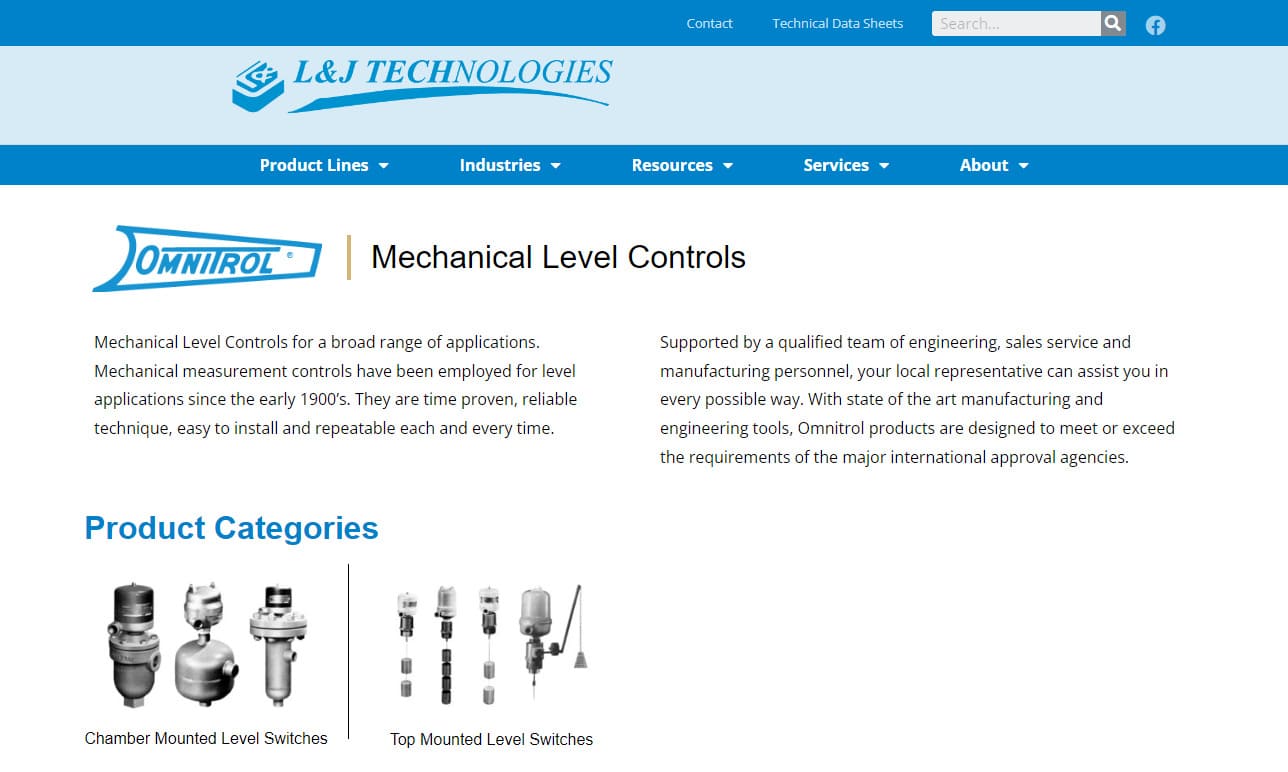
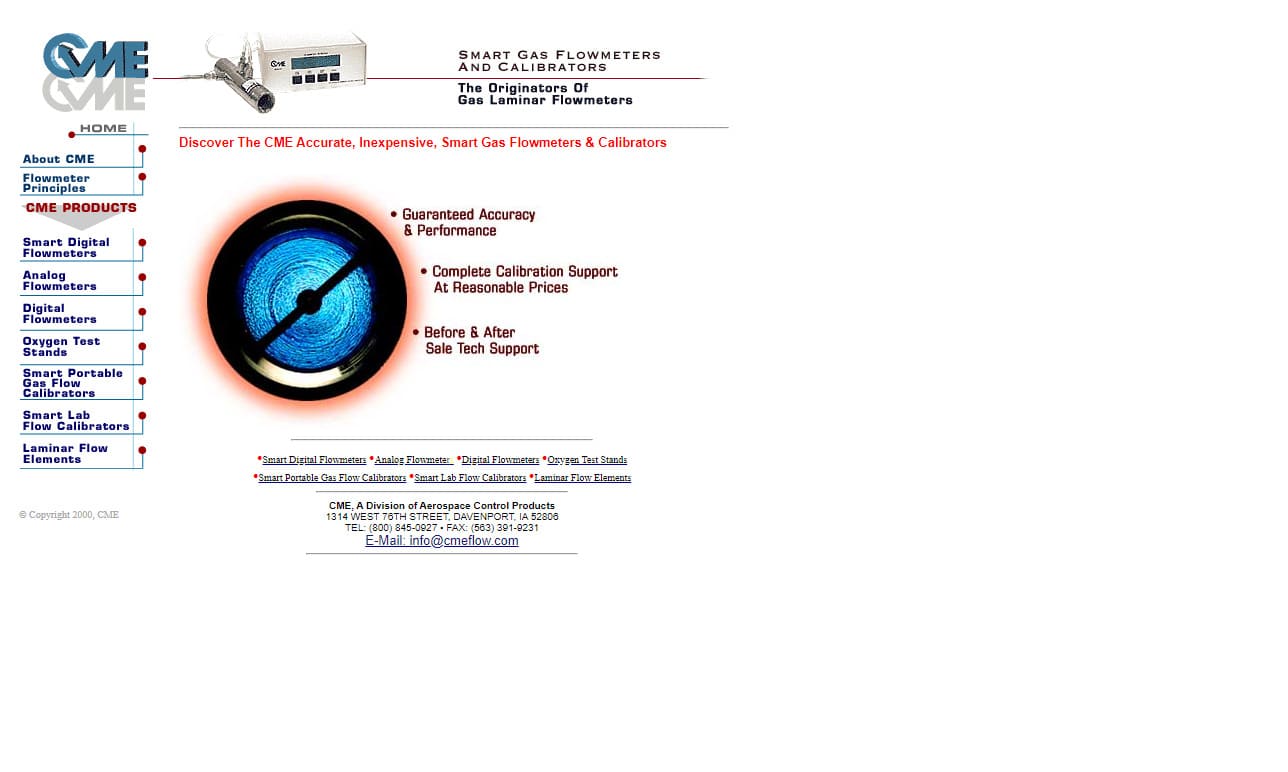
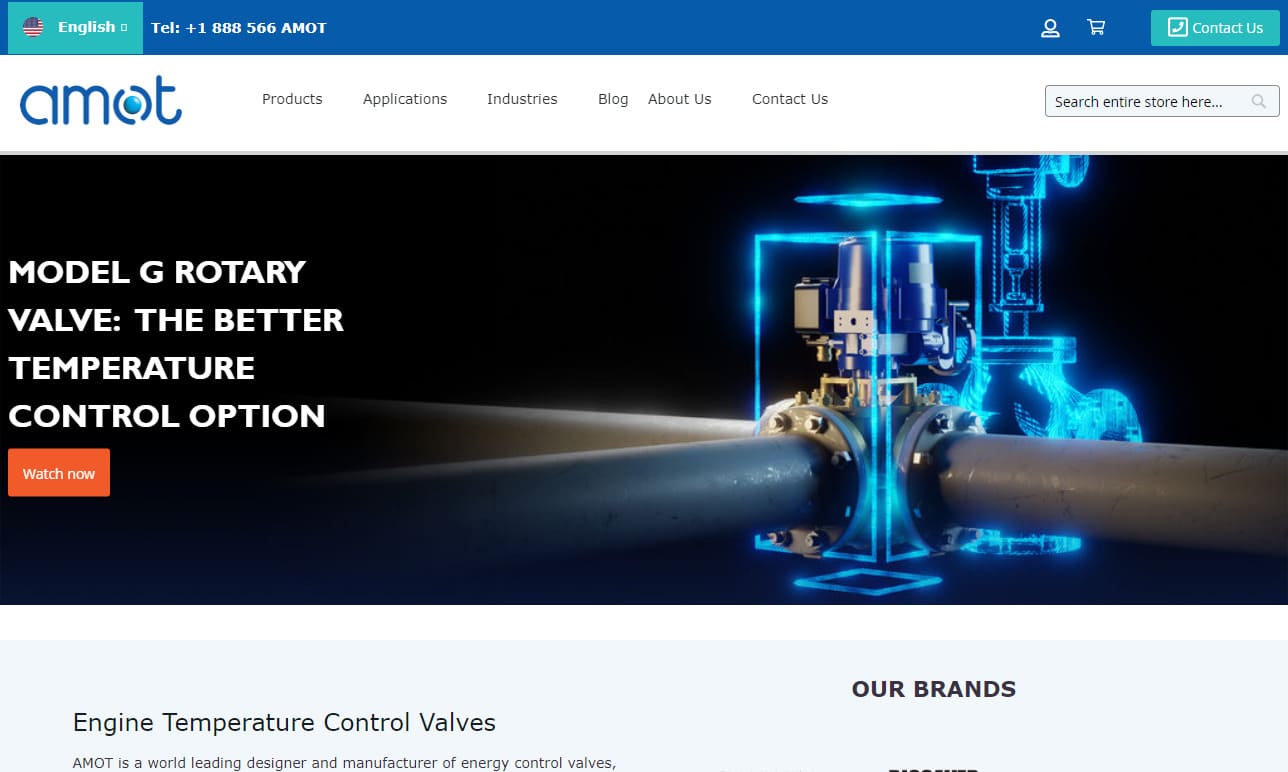


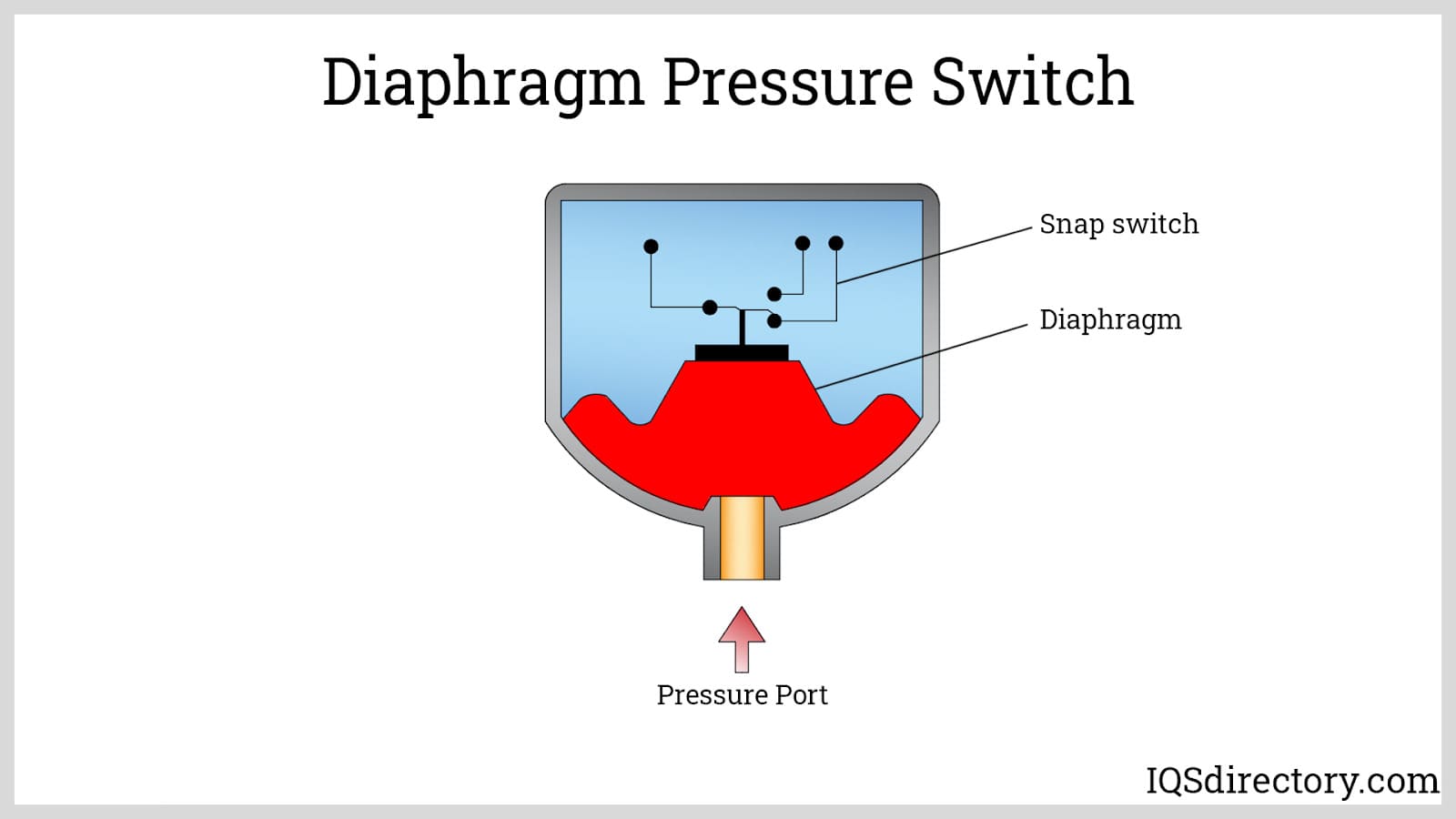
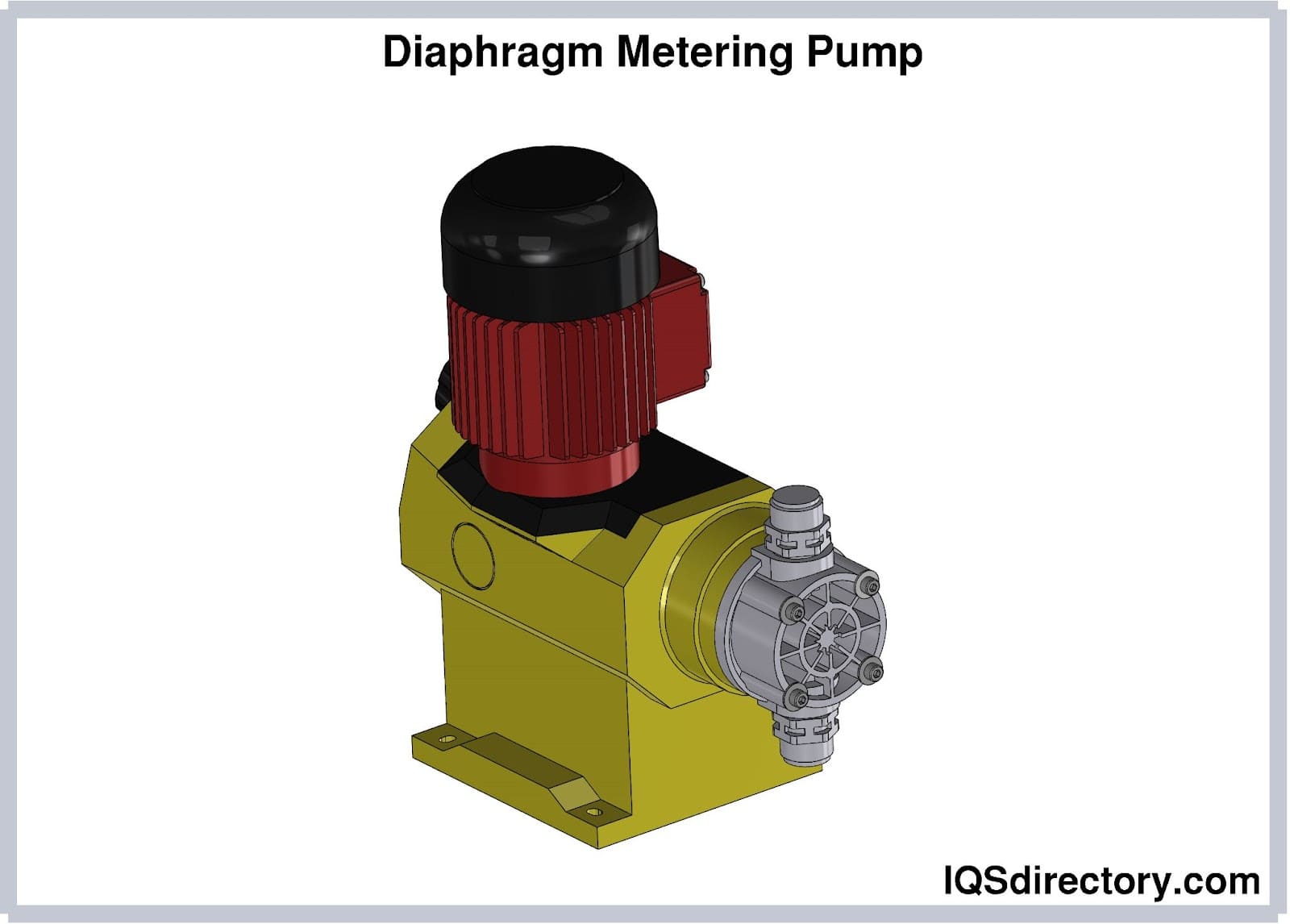
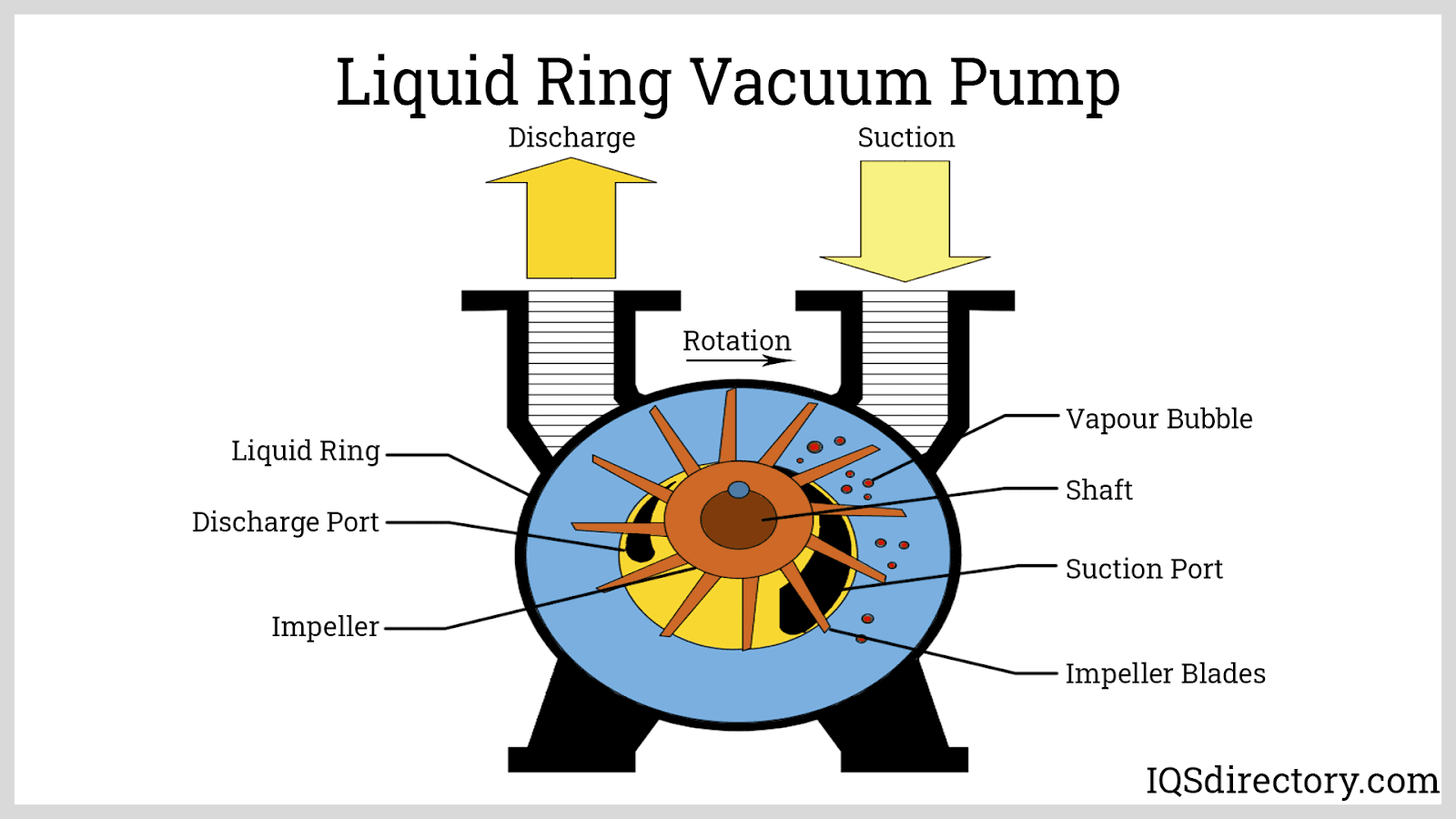
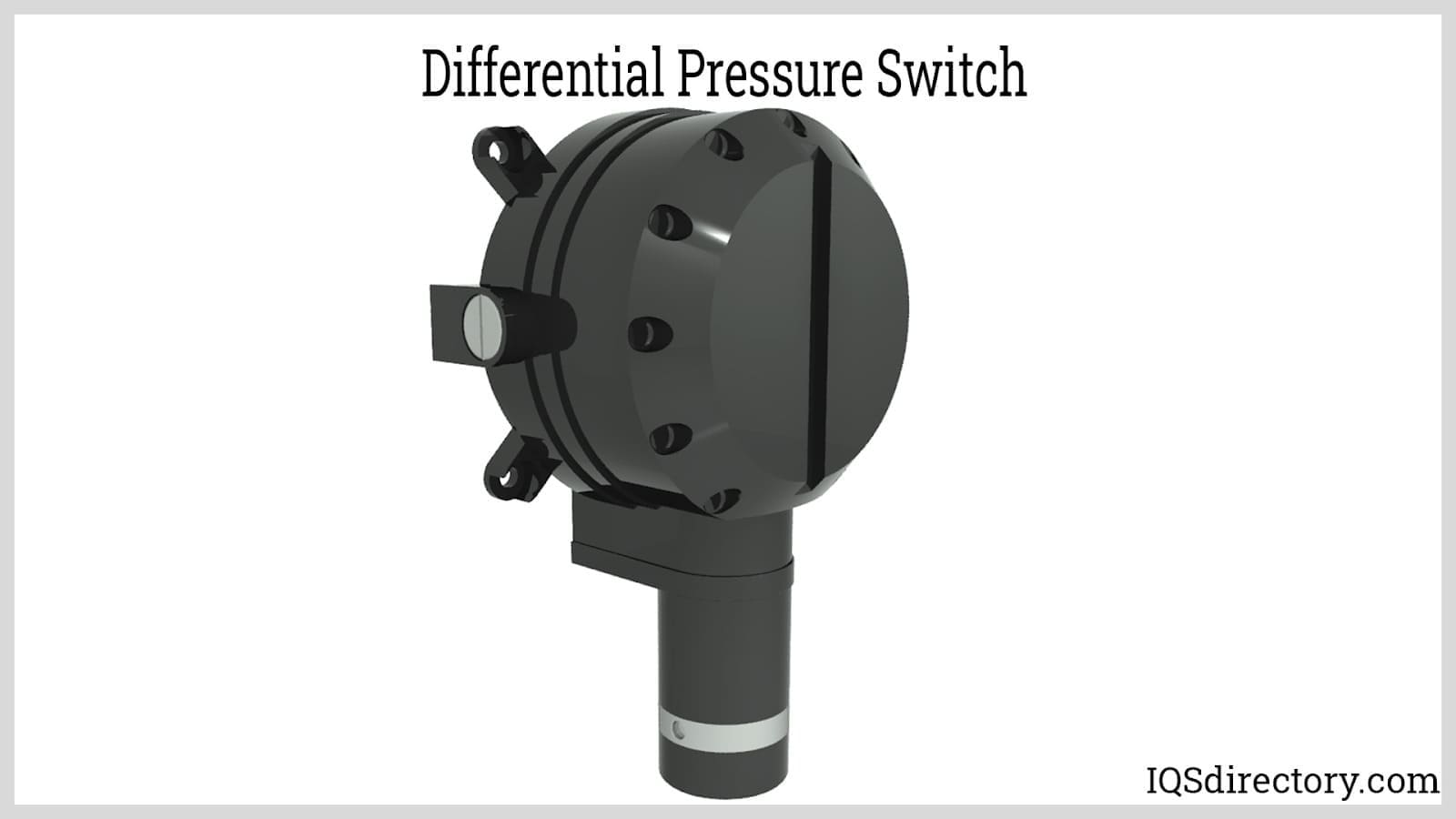
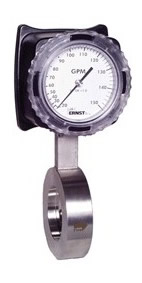 Flow Meters
Flow Meters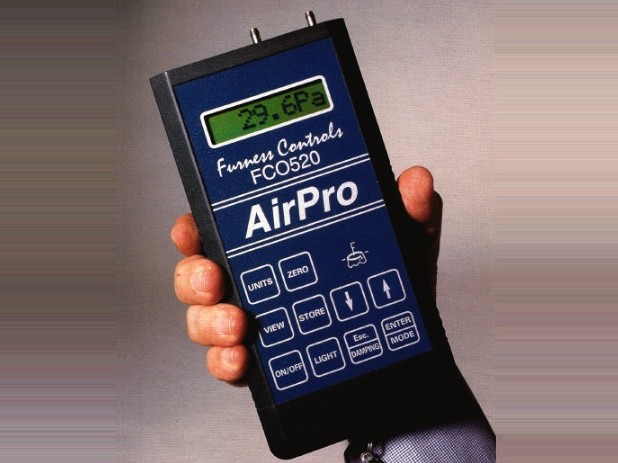 Leak Detectors
Leak Detectors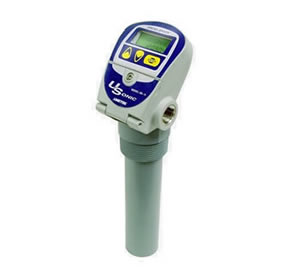 Level Switches
Level Switches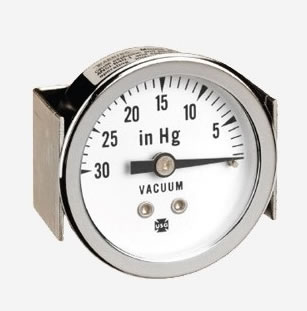 Pressure Gauges
Pressure Gauges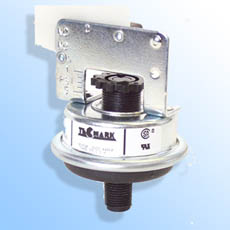 Pressure Switches
Pressure Switches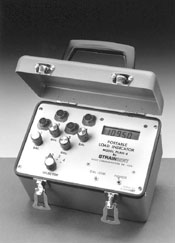 Pressure Transducers
Pressure Transducers Castings & Forgings
Castings & Forgings Bulk Material Handling
Bulk Material Handling Electrical & Electronic Components
Electrical & Electronic Components Flow Instrumentation
Flow Instrumentation Hardware
Hardware Material Handling Equipment
Material Handling Equipment Metal Cutting Services
Metal Cutting Services Metal Forming Services
Metal Forming Services Metal Suppliers
Metal Suppliers Motion Control Products
Motion Control Products Plant & Facility Equipment
Plant & Facility Equipment Plant & Facility Supplies
Plant & Facility Supplies Plastic Molding Processes
Plastic Molding Processes Pumps & Valves
Pumps & Valves Recycling Equipment
Recycling Equipment Rubber Products & Services
Rubber Products & Services